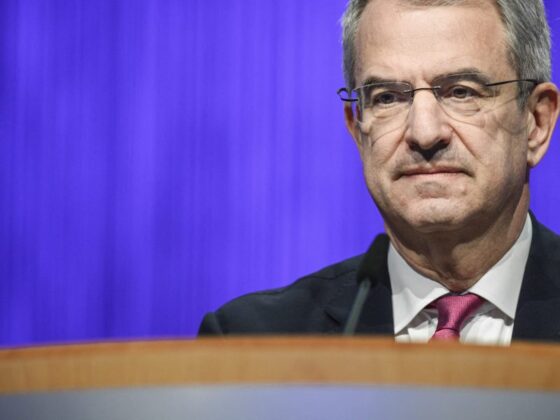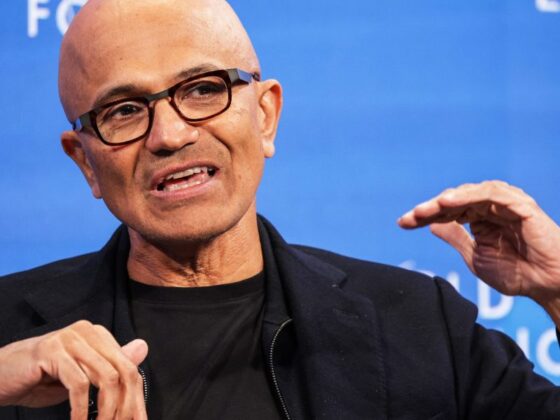Stay informed with free updates
Simply sign up to the UK inflation myFT Digest — delivered directly to your inbox.
UK inflation unexpectedly rose to an 18-month high of 3.6 per cent in June, in a setback for the Bank of England as it tries to cut interest rates to support the country’s slowing economy.
Wednesday’s figure from the Office for National Statistics exceeded the prediction of analysts polled by Reuters that inflation would remain at May’s level of 3.4 per cent.
The increase in inflation was driven by petrol prices as well as a jump in airfares and the price of rail tickets, the ONS said.
The figures leave UK inflation sharply above rates in other large European economies. German inflation was 2 per cent in June, while EU-wide inflation was 2.2 per cent.
However, Sanjay Raja, chief UK economist at Deutsche Bank, said the BoE was still likely to cut interest rates next month.
“Is an August rate cut in jeopardy? No, we don’t think so,” he said. “There’s enough of a slowdown in GDP and the labour market to warrant a ‘gradual and careful’ easing of monetary policy.”
The UK economy contracted in May for a second consecutive month, following a robust first-quarter expansion, as businesses contend with tax increases and the uncertainty unleashed by US President Donald Trump’s trade war.
Market reaction was muted, as traders continued to bet on a total of at least two more quarter-point reductions this year, according to levels implied by swaps markets.
Two-year gilt yields, which track interest rate expectations, edged 0.2 percentage points higher to 3.86 per cent. The pound was up 0.1 per cent against the dollar at $1.339.
The BoE’s Monetary Policy Committee, which has an inflation target of 2 per cent, has reduced interest rates four times since last summer but policymakers have been divided over how persistent price pressures will prove.
It voted last month six to three to keep rates unchanged at 4.25 per cent, following a quarter-point cut in May.
Zara Nokes, global market analyst at JPMorgan Asset Management, said the bank “should” be able to reduce rates in August but had to “exercise a degree of caution” beyond that meeting.
She said that while slowing growth “should take some of the heat out of price pressures”, the BoE should remain focused on bringing down inflation “until this materialises in the hard data”.
Strong clothing and food prices contributed to the gain in the headline number, in a sign that companies might be passing on rises in employer national insurance contributions and the minimum wage to consumers, analysts said.
Core inflation, which excludes energy and food, was 3.7 per cent in June, up from 3.5 per cent in May, the ONS said on Wednesday. Services inflation, a key gauge of price pressures for the MPC, was unchanged from May’s 4.7 per cent, exceeding the 4.6 per cent predicted by economists.
The unexpected strength of services price inflation will be of particular concern at the BoE, which has been closely watching the gauge as a sign of underlying price pressures. The central bank had expected services inflation to stay at 4.6 per cent.
Matt Swannell, chief economic adviser at the EY Item Club, said that “headline inflation is expected to edge up over the next few months and peak in September”.
He added that this was likely to be followed by a fall in inflation as energy prices declined, although this would be offset to an extent by “stickiness” in services.
The MPC has also signalled its concern at increasing signs of weakness in the labour market.
Andrew Bailey, BoE governor, last month warned that more businesses were cutting hiring, hours and pay following the increase in employers’ national insurance contributions, which was announced in chancellor Rachel Reeves’ Autumn Budget and took effect in April.
Responding to the inflation figures, Reeves said: “I know working people are still struggling with the cost of living . . . But there is more to do and I’m determined we deliver on our plan for change to put more money into people’s pockets.”
Mel Stride, Conservative shadow chancellor, said: “This morning’s news that inflation remains well above the 2 per cent target is deeply worrying for families.”













